It’s well-known at this point how Microsoft bungled the Xbox One reveal back in 2013. They unveiled a console that was under-powered, overpriced, and marred by anti-consumer features. Forcing users to adopt Kinect, an expensive and useless peripheral, was the nail in their proverbial coffin. Xbox One came limping out of the gate to start this generation, and Microsoft has been trying to recover ever since.
That same year, 2013, Sony introduced us to the no-frills Playstation 4 console. Coming in at a full hundred dollars cheaper than its competitor, with a core focus on gaming rather than media or sports, the console-wars narrative basically wrote itself. Unlike the new Xbox, PlayStation 4 came storming out of the gate to start this generation, and the rest is history.
Yet, we have to remember the context under which the Xbox One was created in order to fully understand where it went so wrong, and potentially so right.
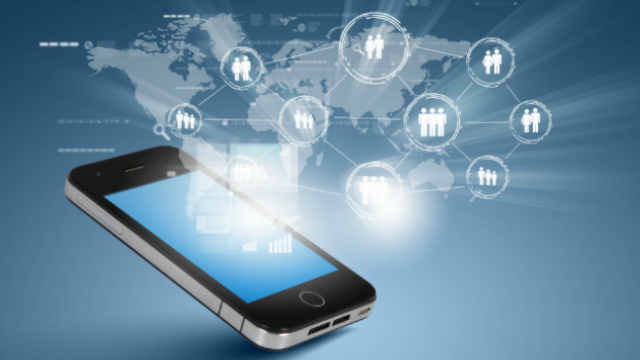
Circa 2013, the prevailing ideas were that console gaming was dead, mobile was taking over, and only an all-encompassing entertainment box could still command enough mind-share to be successful. Ultimately, Microsoft fell into the analyst trap. They lacked trust in their gaming division despite the successful Xbox 360, and their desire to respond to market trends resulted in a jack-of-all-trades console that was unfortunately the master of none.
Fast-forward five years to 2018, and the industry is once again changing. Maybe in 2013 the market was not ready for an internet-dependent console and the sort of facial and voice recognition technology pioneered by Kinect, but the market sure is ready now. Face-scanning iPhones, talking Amazon devices, and cloud-based services dominate the tech landscape. Ideas that came off like complete ineptitude in 2013 might, in fact, just have been a generation too early.
And it will ultimately be these same ideas that propel Microsoft to success in the coming years. PlayStation 4 may be outselling Xbox One by double or more, but Phil Spencer and his team at Xbox have still managed to put themselves in position for a late-generation takeover.
No, not the same way in which Playstation 3 caught up to Xbox 360 in hardware sales. A different sort of takeover.
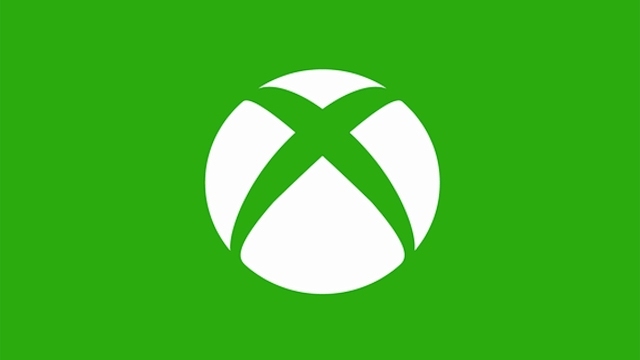
The goal now for Xbox is brand ubiquity. Microsoft realizes that they can no longer increase their install base through traditional hardware sales, at least not in any meaningful way. So they are being forced to diversify and become software-based instead. Case in point, the Xbox Game Pass. Microsoft has elected to put all current and future Xbox exclusives, plus third-party games, on a $10 per month subscription service. They have essentially migrated and commodified the entire Xbox brand and stable of games into one renewable package.
Before we get to how important that is, because the Xbox Game Pass is indeed industry-changing, we have to look at how starkly different Sony’s business model is compared to Microsoft’s.
Sony’s focus right now is on proliferating software both digitally and physically to their huge hardware base. They have a stellar first-party lineup only available on PlayStation 4, comprised of commercial hits, critical darlings, and iconic characters. When there are roughly 75 million PlayStation 4s out in the wild, those exclusives ship a lot of units and turn a lot of profit. It helps that Sony enforces strict console exclusivity on its games and loses very little of its community to Xbox and PC. This sort of isolationist strategy has produced resounding success for Sony this generation, especially compared to the PS3 era, but is it a sustainable model?
The answer is no.
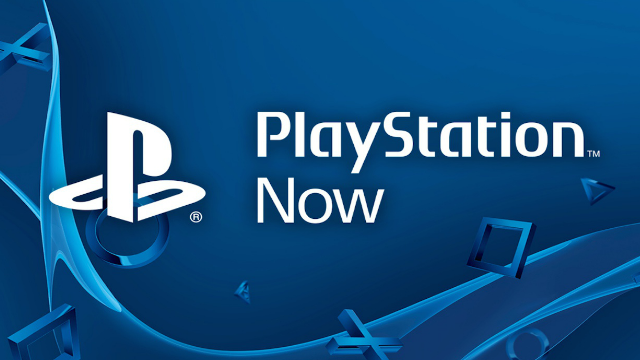
Sony, like Microsoft, had high expectations for streaming technology. They even launched their own monthly streaming service, PlayStation Now, which provides access to a huge library of first- and third-party games. However, to be frank, PlayStation Now is a complete and absolute dud. Streaming is perhaps the worst way to play, and games on PlayStation Now suffer from graphic and stability issues galore.
At best, you can stream some older, single-player games for $20 per month. At worst, games are virtually unplayable. Not to mention that most games on the service can be purchased outright for very little money. Unless Sony is to change the entire fabric of PlayStation Now so that games are downloaded or pre-loaded instead of streamed, there is no viable future for the service as it exists today. High-speed internet access is simply not good enough or ubiquitous enough for PlayStation Now to see widespread success.
So let’s say PlayStation Now ends up failing. Besides PlayStation Plus, Sony’s annual subscription that allows you to play online multiplayer, what other subscription services does Sony have? PlayStation Music? PlayStation Vue? PS Plus is by far Sony’s most popular service, and only about a third of PS4 owners use it. In the age of Netflix and Spotify, Sony is sorely lacking in opportunities for repeat monetization. Sony must ask themselves if they are fully utilizing their enormous install base and stable of exclusives?
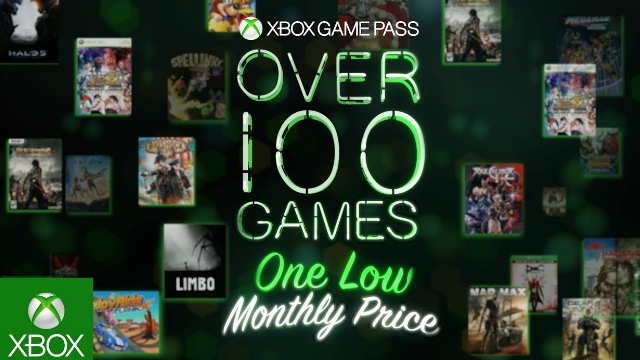
Flash back to Microsoft, who ask themselves this very question. They decide that no, the Xbox Game Pass would better leverage their exclusives and grow their potential install base. Rather than sell exclusives piecemeal for $60 each, giving slices of the profit to retail and digital partners, $10 from every Xbox Game Pass subscriber can go directly to Microsoft. While Microsoft’s hand was likely forced in taking this more direct-to-consumer approach, it will end up paying off in spades.
Mark my words, within two to three years, the Xbox brand will become entirely software-based, and it is starting now. Considering that Microsoft already puts its first-party exclusives on Windows, it’s safe to say that Xbox Game Pass will make its way to Windows PC, either along with or after the next round of Microsoft-exclusive games.
You might be asking why Microsoft would shoot themselves in the foot this way. Why release a service in Game Pass that cuts into the sales of their own exclusives? Why release the Xbox One X just to turn around and make Xbox’s core franchises available on PC as well? What appears to be Microsoft cannibalizing themselves is actually an ingenious Trojan Horse against Sony.
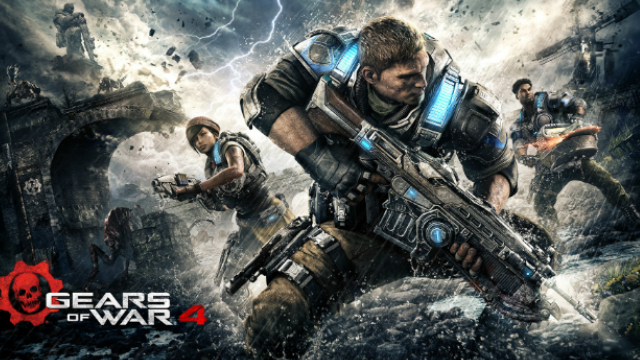
Microsoft still has heavy hitters in Halo, Forza, and Gears of War. They may not have the same exclusive lineup or install base as Sony, but as the Xbox Game Pass grows, it will become a very enticing proposition. Being able to download games from the service and play them off your hard drive is already the perfect solution to PlayStation Now’s streaming problem.
Now imagine the entire Xbox brand, wrapped up into one subscription (Game Pass), available on every platform except PlayStation. Even as an embedded PlayStation gamer, I would gladly hand over the $10 for access to every Microsoft-exclusive game.
And this value proposition is what will ultimately fuel Microsoft’s rapid expansion in the gaming space and allow them to potentially outflank Sony. Forget selling full-priced games to Xbox One owners, there is not a big enough install base to even justify that business model. Instead, Microsoft is trying to leave no stone unturned. They will try and migrate every Xbox One owner onto Xbox Game Pass, a real possibility. They will try and court PC players, even PlayStation gamers, through Xbox Game Pass on Windows. Hell, they can even put games on iOS (see Fortnite). The subscriber potential across all of these platforms is unbelievable, surely worth more money than what Xbox is generating now.
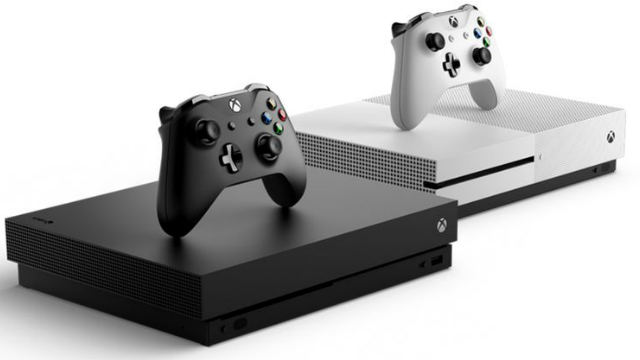
Moving towards this all-digital future may seem negligent to the Xbox One console, both to the hardware itself and to the retail partners selling it, but you have to look at this strategy in the grand scheme of things. Xbox One is no longer going to be the anchor of all Microsoft exclusives; it is just going to be yet another place you can play Microsoft’s games. If this point could not be any more on the nose, look at this quote from a recent Microsoft press release:
“Spyro has been unleashed … in HD graphical glory on PlayStation® 4, PlayStation® 4 Pro and the family of Xbox One devices from Microsoft, including the Xbox One X.“
Yes, that clumsy statement is Microsoft’s new tagline, and it tells you everything you need to know about their future console plans. If Microsoft’s gaming division does indeed become completely software-based, and Xbox Game Pass is on the rise as a ubiquitous subscription service, where does that leave Microsoft’s home consoles? In a great position, as it turns out.
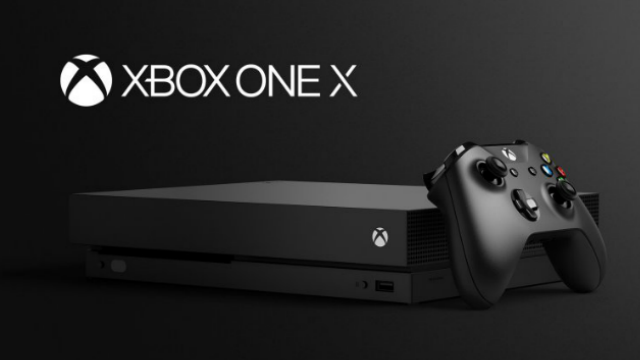
Microsoft understands that people use different devices for a variety of different services and no longer want to be tethered to a specific device for access to certain content. However, they also understand that many people still want a traditional home console experience. Enter “The Family of Xbox One Devices from Microsoft.” Microsoft was not kidding about the end of generations. Once Xbox Game Pass goes open-platform, it will be harder to find a device that you cannot play Xbox games on.
Don’t want to buy a console? You can use cross-play with your phone or laptop. Want a budget option? The Xbox One S is cheap and 4K compatible. Want the premium home console experience? The monstrous Xbox One X has you covered. Still not satisfied? You can build a PC and max out every Xbox exclusive to your heart’s content. The moral of this story is that Microsoft has flipped the switch. The concept of one box for every service might have been a bust, but the concept of one service for every box certainly is not. Considering that the Xbox One X is already outpacing the PlayStation 4 Pro in terms of raw output, it would be hard to see a reason for Microsoft to invest in yet another home console. Either way, Xbox is being set up for a very bright future.
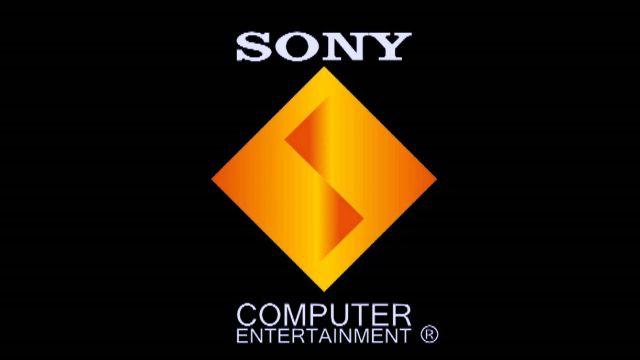
Now that we’re done fawning over Microsoft’s business acumen, what is next for Sony? They may be confident in their strategy for now (and for good reason), but it is hard to see that strategy translating over to the next PlayStation console. We have seen how quickly success turns to hubris, and the law of diminishing returns is working against Sony at an alarming pace. With the Xbox One X not even maxed out yet, and the cost of gaming PCs dropping rapidly, how much room is there really for a whole new console generation?
Imagine Sony were to wait till 2021 and release the PlayStation 5 the same way they released the PlayStation 4. That means no backwards compatibility, no subscription model besides PS Plus, a new round of PlayStation 5-exclusive games, and the same isolated ecosystem Sony maintains now. This may have been their plan after the early success of PlayStation 4, but it has become clearer and clearer that a repeat is not in the cards.
Game consoles are not cellphones. People are simply not going to go out, en masse, and purchase an expensive new console to play marginally better-looking games. Certainly not at the the cost of their existing library, certainly not for the $500 (or more) the new console will cost, and definitely not to pay $60 a pop for every new exclusive game. We have DOOM on the Nintendo Switch, people. Sony would a have a hard time convincing anyone that their new PlayStation 5 game cannot run on a base PS4, even in 2021. Why wouldn’t it? Sony’s ingenious “checker-board” rendering technique can already display games like God of War at close to native 4K resolution … on an existing PlayStation 4.

No, by 2020, PlayStation consumers will be used to the precedent set by Microsoft and the Xbox Game Pass. We will expect access to all of our previously purchased content, whether it is from the PS4 or the PS2. We will not pay full price for every exclusive game and will instead expect a more affordable subscription service similar to Game Pass. We will not remain isolated from everyone else when open-platform cross-play has been the norm for years. Heck, we will not be forced to keep the same screen name we’ve had since 2007!
The point is, Sony may have been able to buck the trend once and defy the analysts with PlayStation 4’s success, but they will not do it again. The little things add up, as they did against Xbox One at the start of this generation, and what seem like nice additions to Xbox now will become glaring omissions against Sony in the near future. Even if PlayStation 5 were to launch with backwards compatibility and a new round of Sony exclusives, it would not be enough to spark a generation on the scale of PS3 or PS4. Sony would have to make the PlayStation 4 obsolete for their next console to see the same levels of success, and that is simply not going to happen.
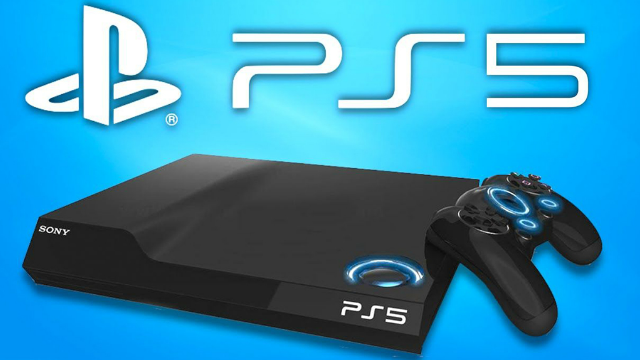
In fact, Sony can take a cue from Microsoft as to what their next console should look like. Rather than create another hard starting point in gaming generations, PlayStation 5 would be better served as a more expensive console option for the discerning gamer in PlayStation’s community, something the Xbox One X already accomplishes for Microsoft and that the PS4 Pro is a half step towards. There may not be enough room in graphics and pricing for a whole new generation, but the PlayStation 4 Pro will struggle to run games at 4K 30 fps in the coming years. Considering the Xbox One X already does this with ease, Sony will have to at least match those performance levels with their next console.
If Sony were to instead wait and release a console that dwarfs the Xbox One X — enough to justify a whole new generation — it would be so outrageously expensive that you might as well jump to PC. The point is that PlayStation’s next console will be more like the Xbox One X’s contemporary than its successor, and those expecting otherwise will be disappointed.
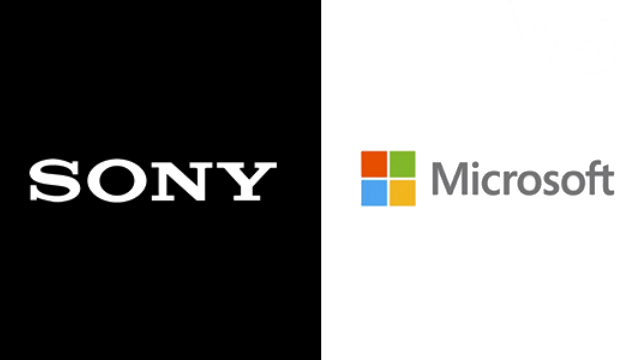
Maybe I am wrong. Maybe Sony waits three to four years and knocks it out of the park with a whole new console generation. But by my estimation, the next generation is already here, and that is because this one is simply not going to end. The next PlayStation console will not be the start of a new era; it will be yet another place you can play Sony’s games, the same games you can play on PS4 or PS4 Pro if you choose not to upgrade. As evidenced by the “The Family of Xbox One Devices” and Microsoft’s desire to become software-based, the box vs. box generation is over. The future of gaming is Sony’s PlayStation brand and service up against the Xbox brand and service (versus Nintendo and Steam).
Xbox has all of their hardware in play and has already wrapped up their brand into one subscription with Game Pass, so how will Sony respond? They, too, will need some sort of subscription service to galvanize their community across consoles and group their first-party offerings into one renewable package. Leaving people behind on PlayStation 4 or stranding exclusive games on the PlayStation 5 would be a huge missed opportunity for Sony to leverage their sizable install base.
If they take the traditional approach and expect you to buy a single box for access to everything Sony, including exclusive games for $60 each, they will be making the same mistake Microsoft made five years ago. Not even Sony’s killer first-party lineup could reverse the market trends this time.
Instead, Sony will hopefully adapt to what’s happening around them. They will realize that the longer they wait, the more expectations will get out of hand for their new home console. Sony will need to think beyond just hardware and go head-to-head against Microsoft in the quest for brand ubiquity, and this quest is bringing PlayStation 5 sooner than you think.
The truth about Next-Gen is that the battle has already started.
Welcome to the future.

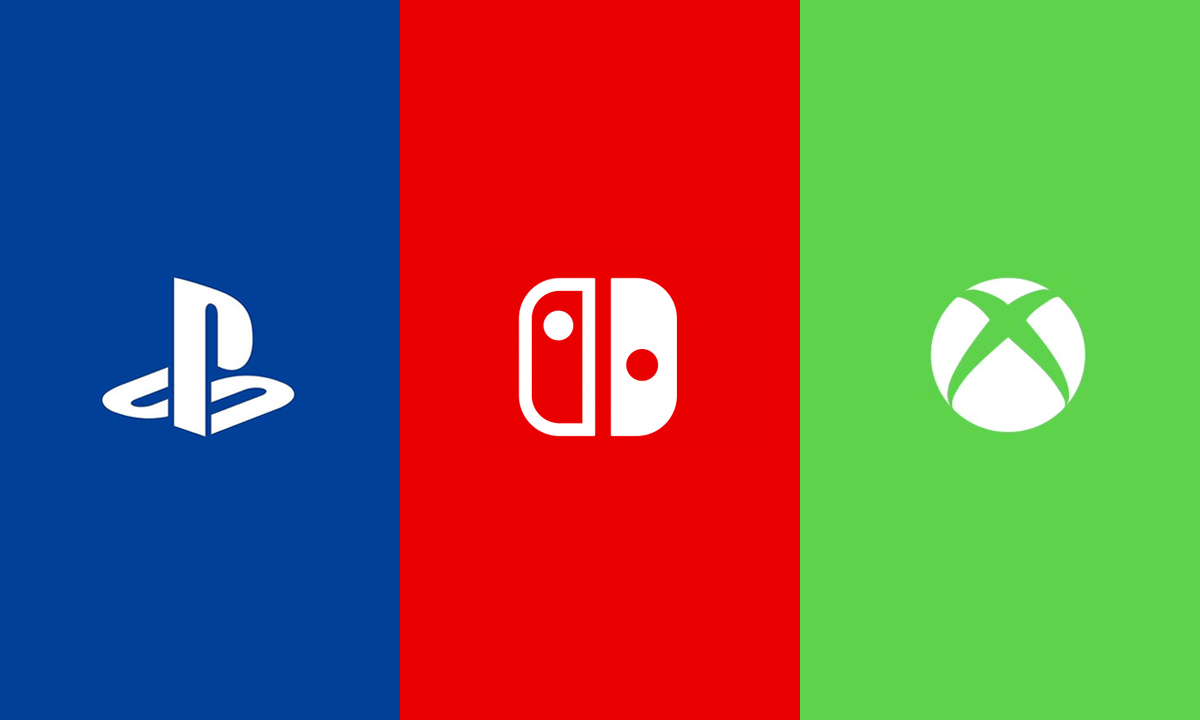





Published: Apr 18, 2018 05:46 pm